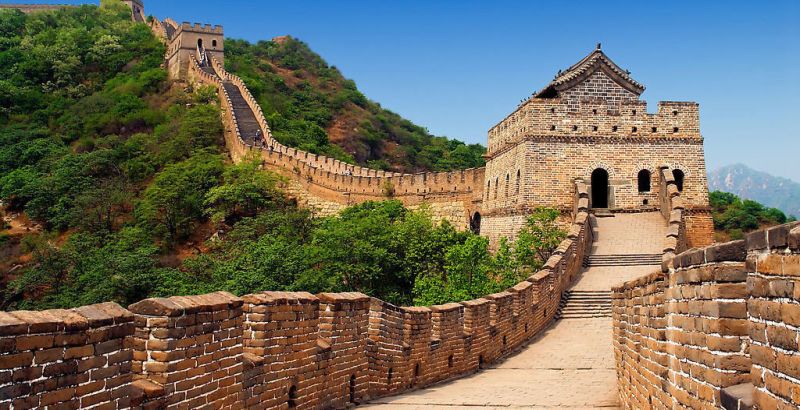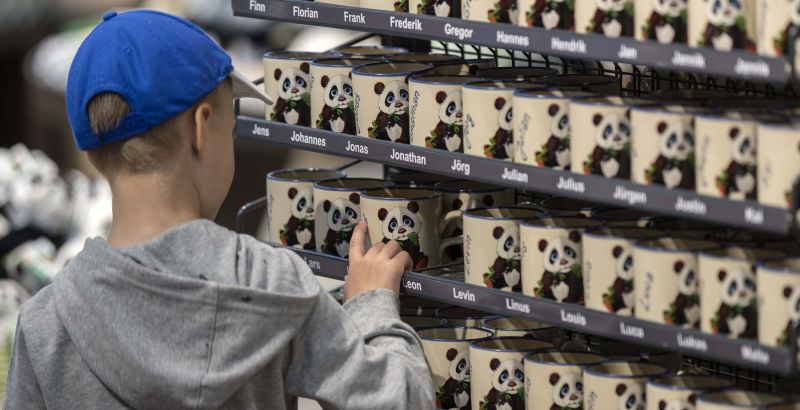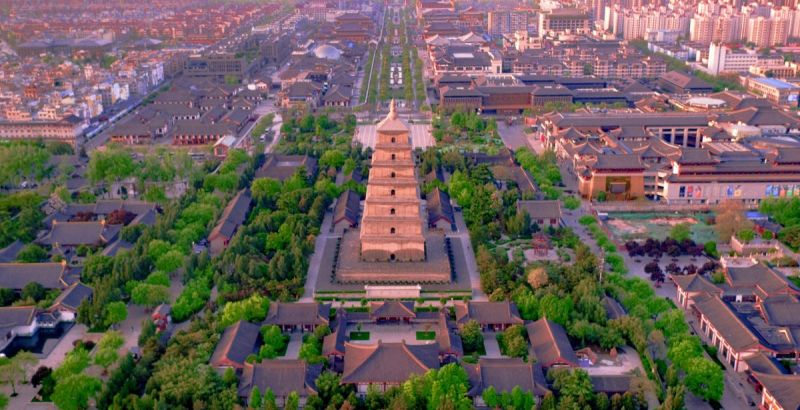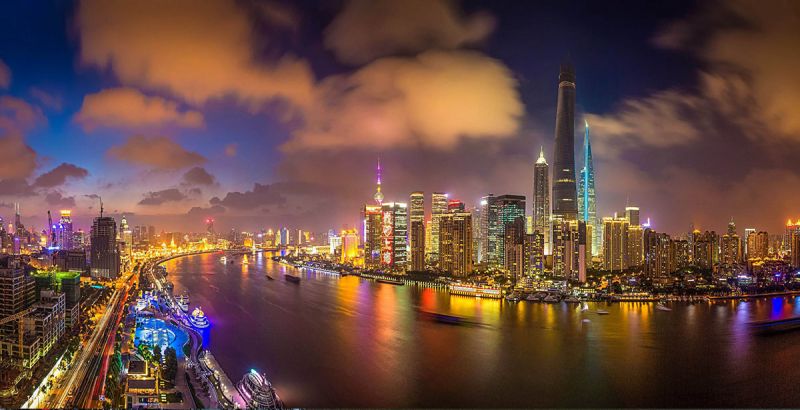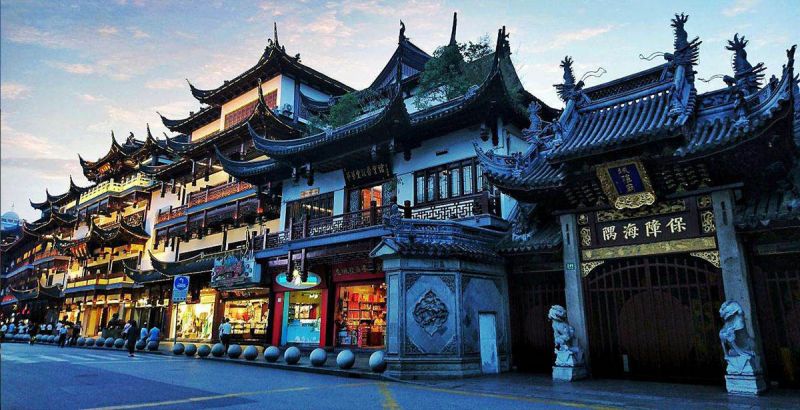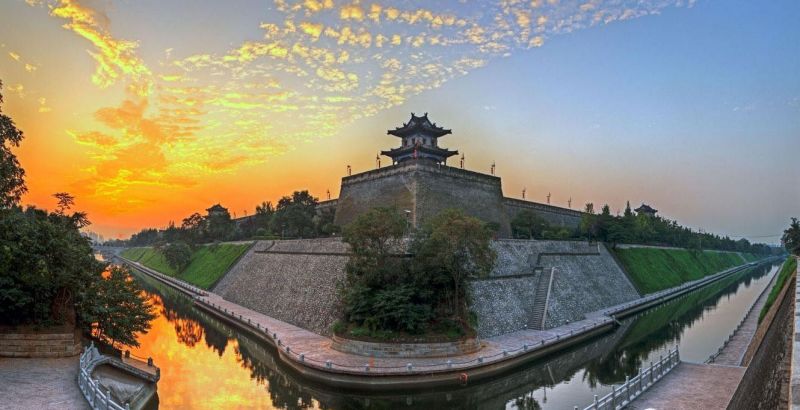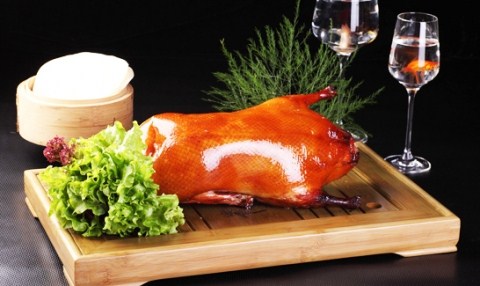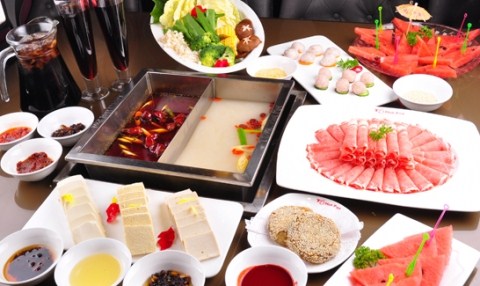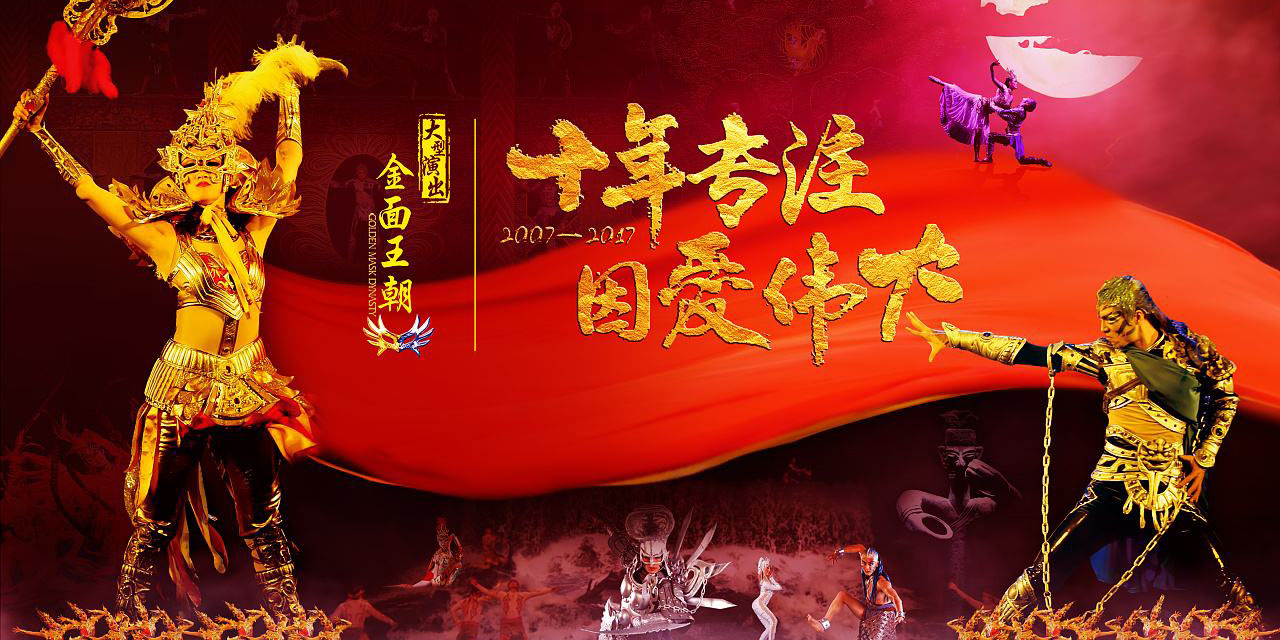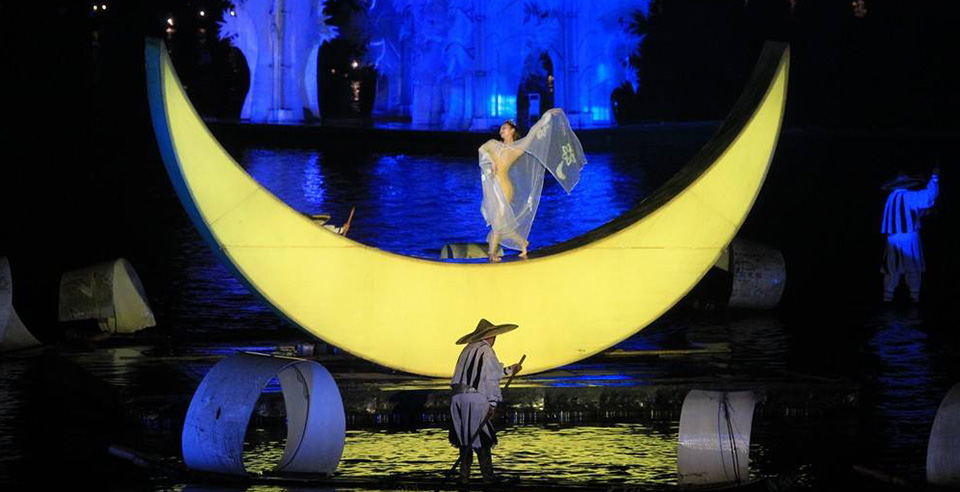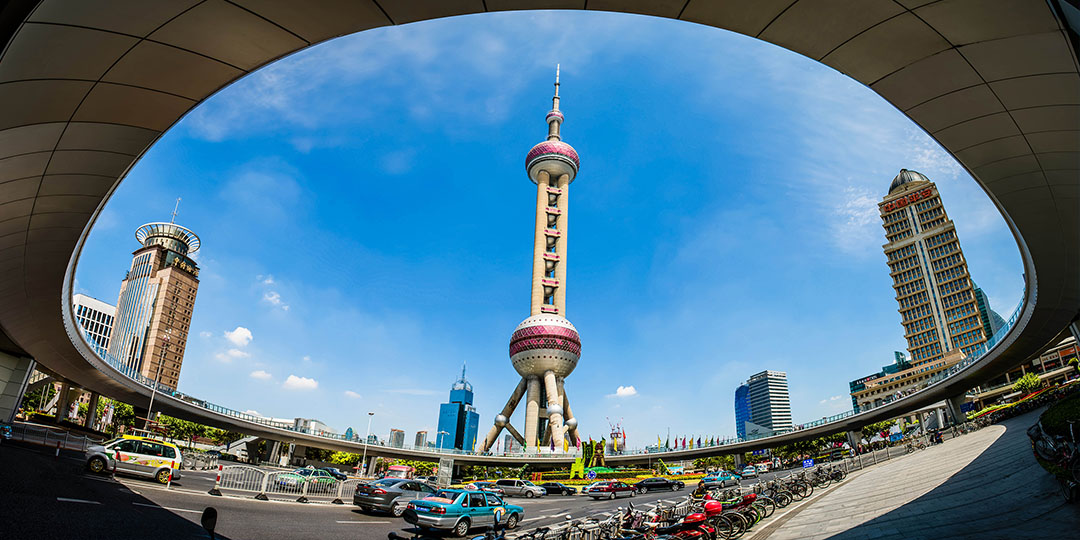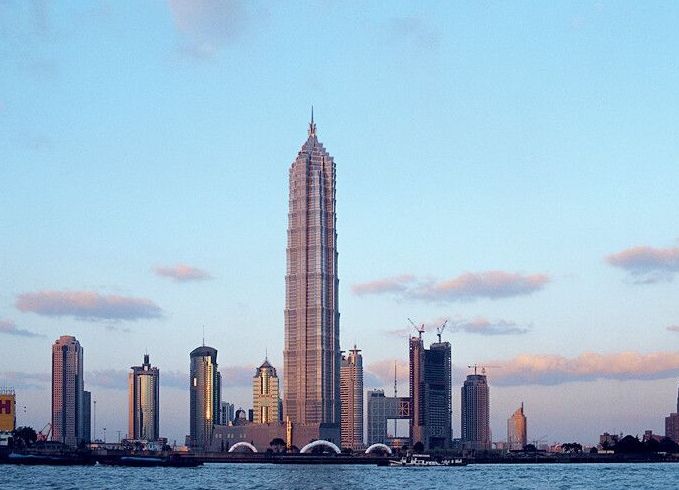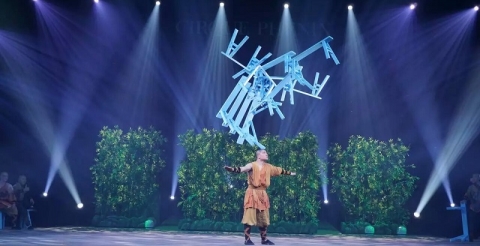11 Days Popular China Tour including Beijing-Xi'an-Guilin-Shanghai
- Private Tour
Price Per Person in USD
Booked by 0 travelers
5 Stars
Hotel+Tour
4 Stars
Hotel+Tour
3 Stars
Hotel+Tour
Only
Tour Fee
1 person
$2466
$0
2 person
$1784
$0
3 person
$1600
$0
4 person
$1503
$0
5 person
$1472
$0
6 person
$1357
$0
7 person
$1328
$0
8 person
$1308
$0
9 person
$1288
$0
≥10 person
$1271
$0
Highlights
China boasts of deep tradition, colorful culture, long history, rich relics and beautiful scenery. Seek historical records from Tiananmen Square, Forbidden City, Temple of Heaven, Badaling Great Wall, Changling, Summer Palace. Discover answers to myths from the Big Goose Pagoda, City Walls, Terra-cotta army, and Huaqing Hot Springs. Marvel at Karst landscape from Reed Flute Cave and Elephant Trunk Hill. Take a leisurely cruise on Li River, Yulong River and West Street. Experience urban life vs traditional face at Huangpu River, Bund, Nanjing Road, Yu Garden, Shanghai Museum.
Travel Map
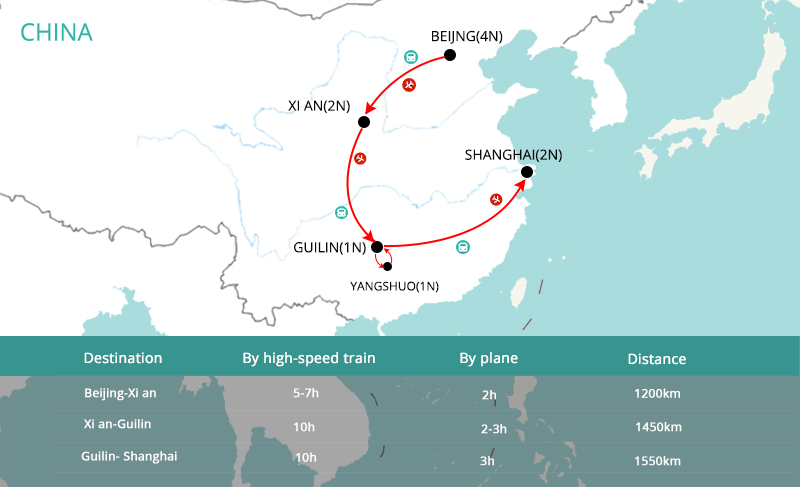
Day 1 Beijing
Upon arrival in Beijing, you'll greet with a local tour guide and be escorted to the hotel.
![]() :
:
Day 2 Beijing
Enjoy a full day tour of China's fascinating capital beginning with the Tiananmen Square and the imperial Forbidden City, home of Chinese emperors for more than 500 years. After lunch continues visiting the Temple of Heaven. This is a place for Chinese emperors held prayer and sacrifice ceremonies, here you'll see the unique architectural style and the preservation of perfect historical relics, then stop in pearl factory for short visit before transferring back to the hotel.
Note: A passport or ID card is mandatory for visiting the Forbidden City.
![]() :
:
Scenic spots included in the itinerary
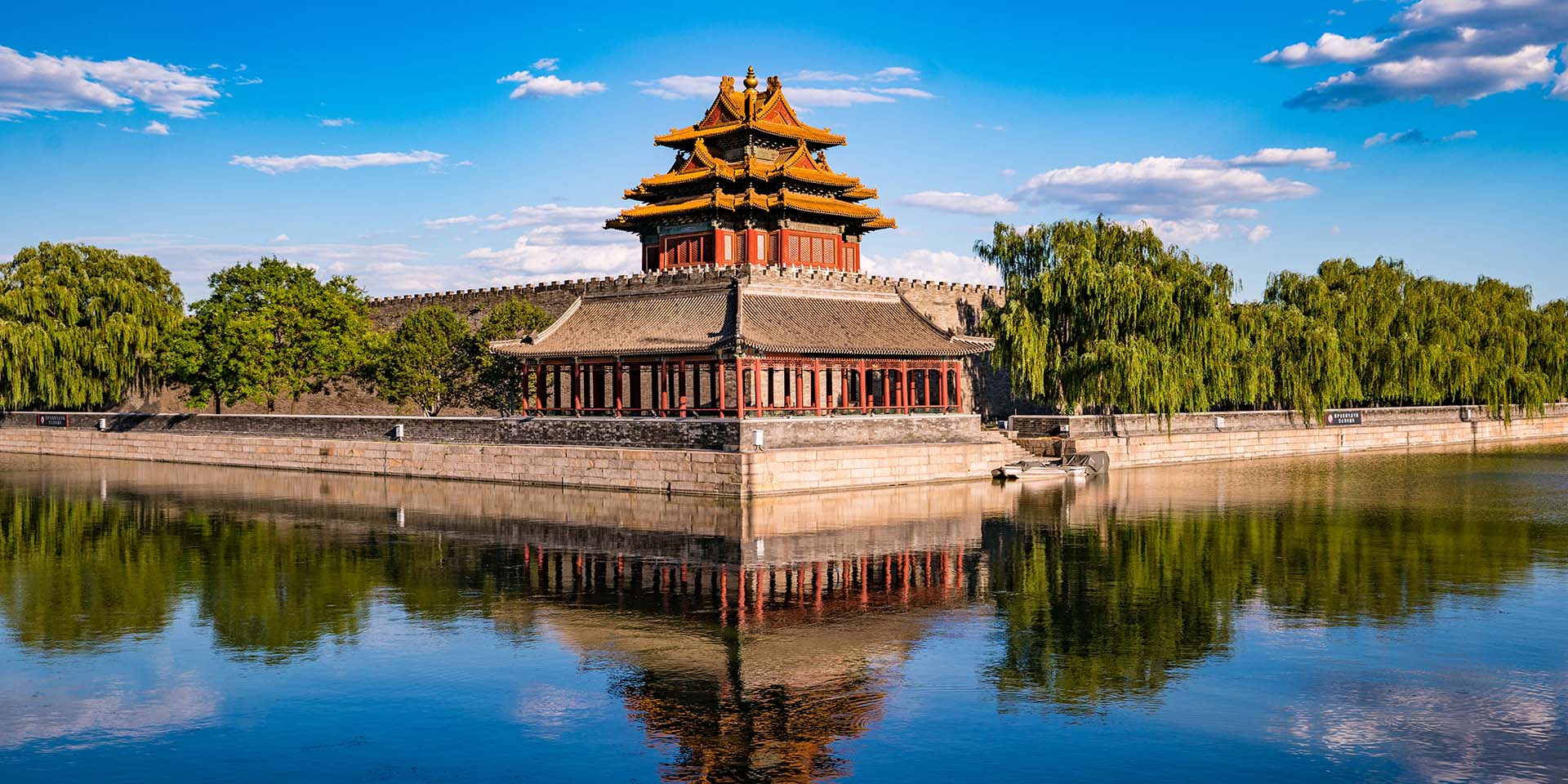
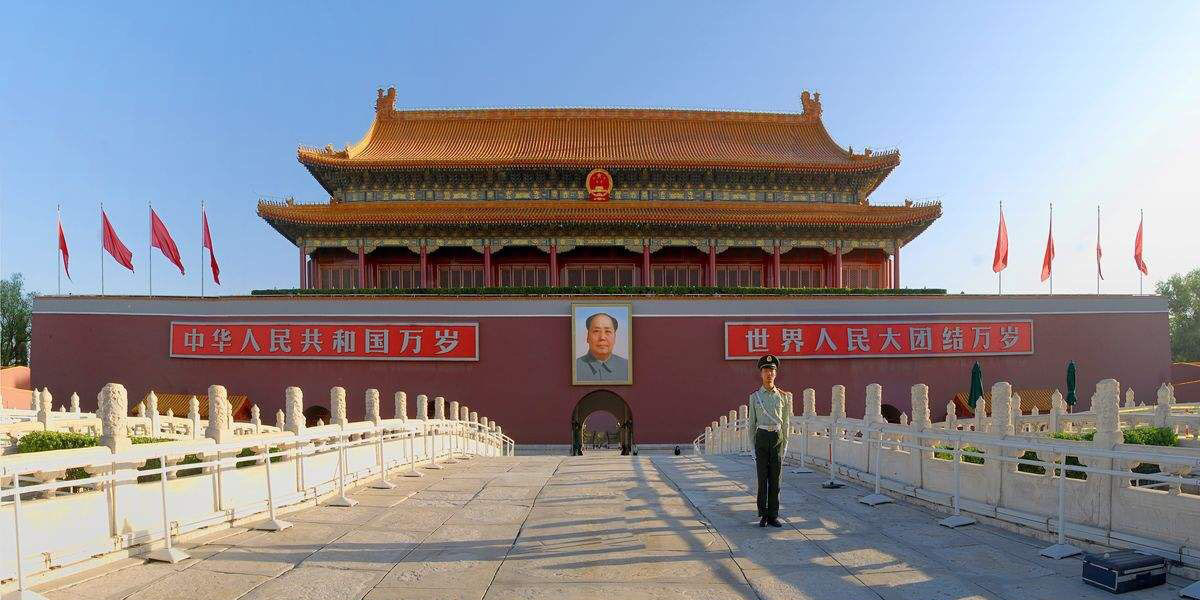
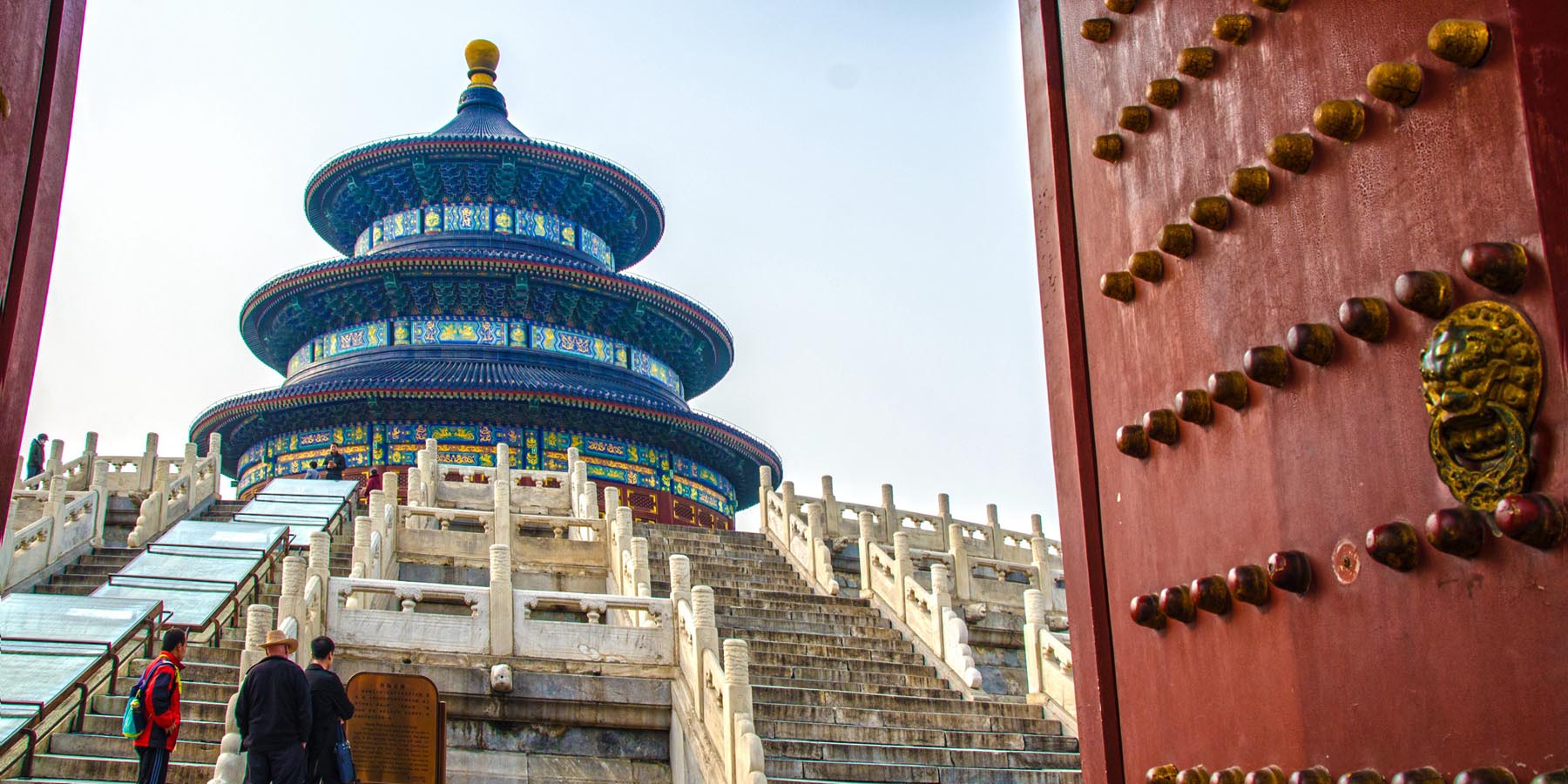
Day 3 Beijing
The highlight today is an excursion to the Badaling Great Wall. Enjoy the dramatic vistas of the Great Wall as it descends and rises as far as the eye can see. Then visit the jade factory and Ming Tombs(Changling) in the afternoon, which buried thirteen Chinese emperors in Ming dynasty.
In the evening, enjoy a fabulous cultural show choosing from Kongfu Show, Acrobatic Show and Peking Opera.
![]() :
:
Scenic spots included in the itinerary
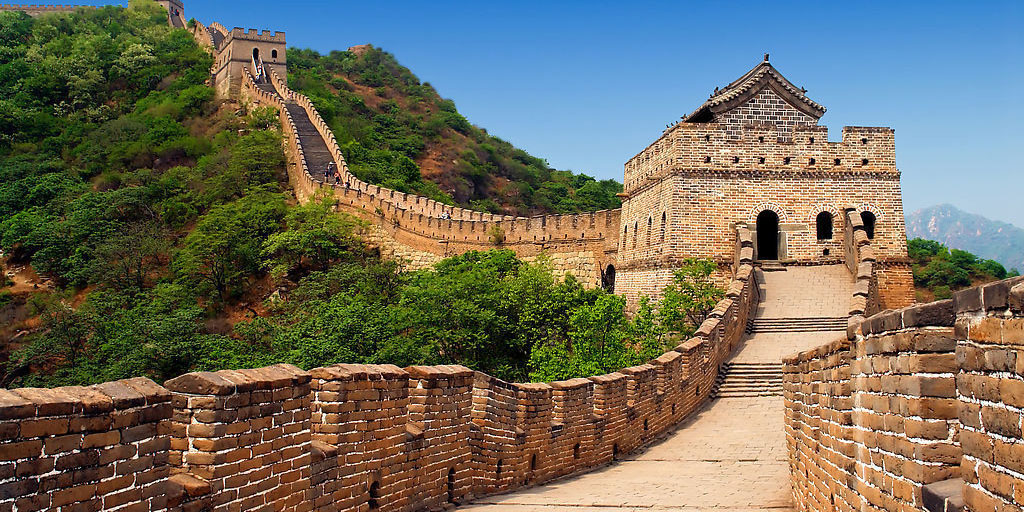
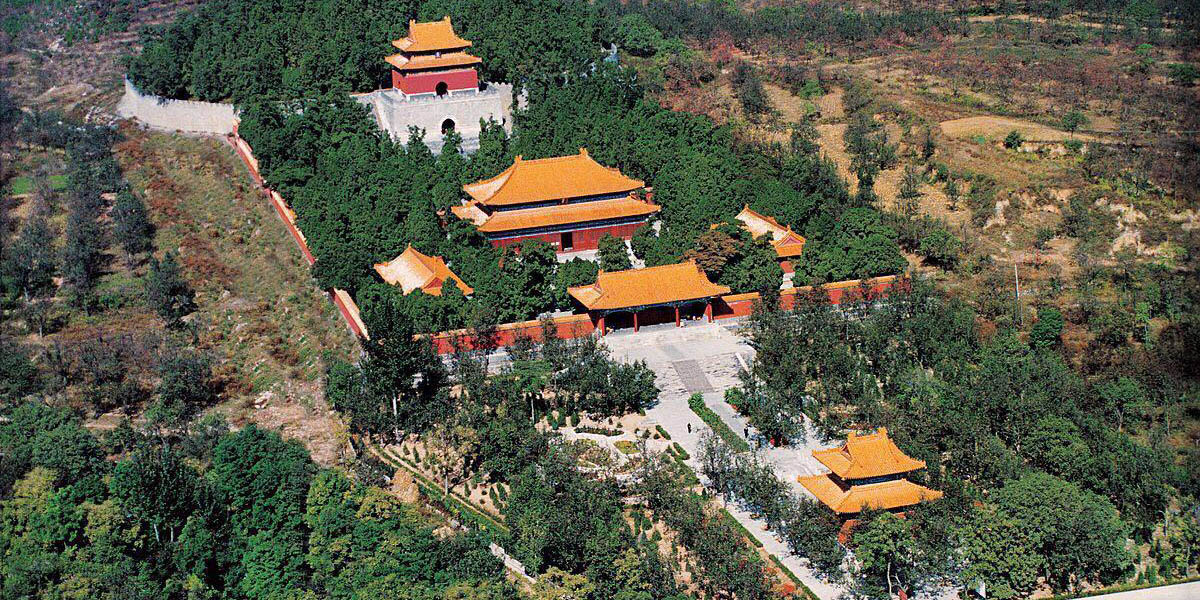
Famous Show
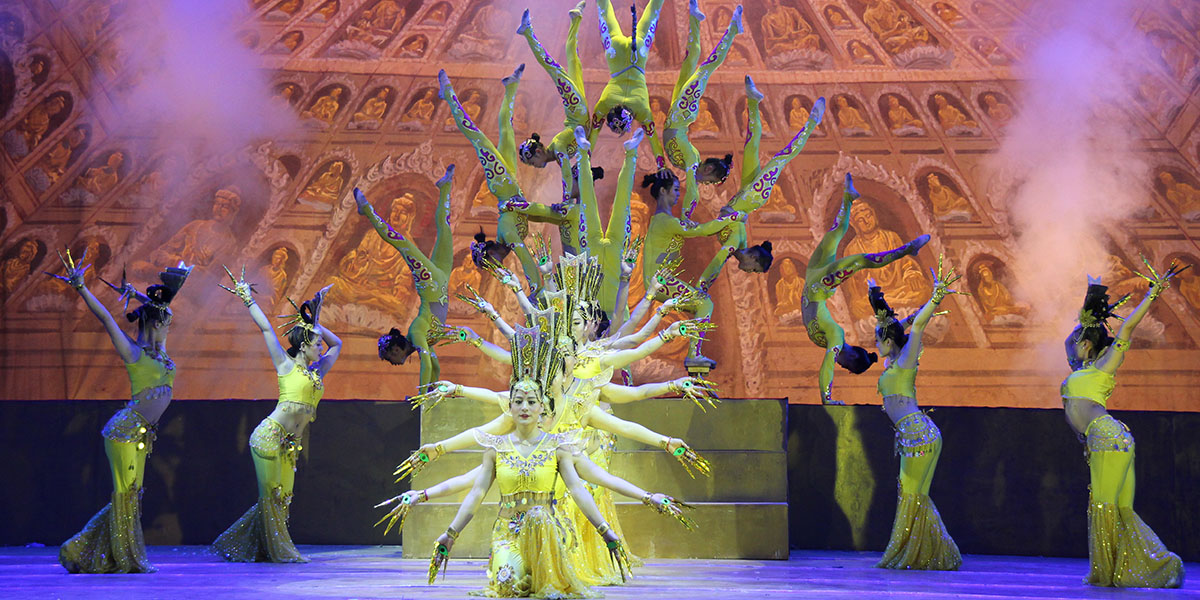
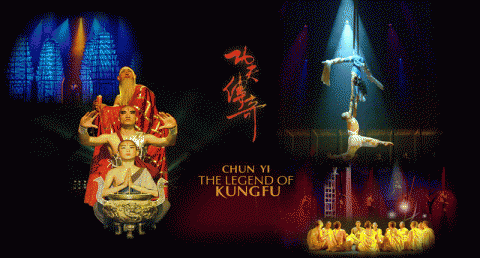
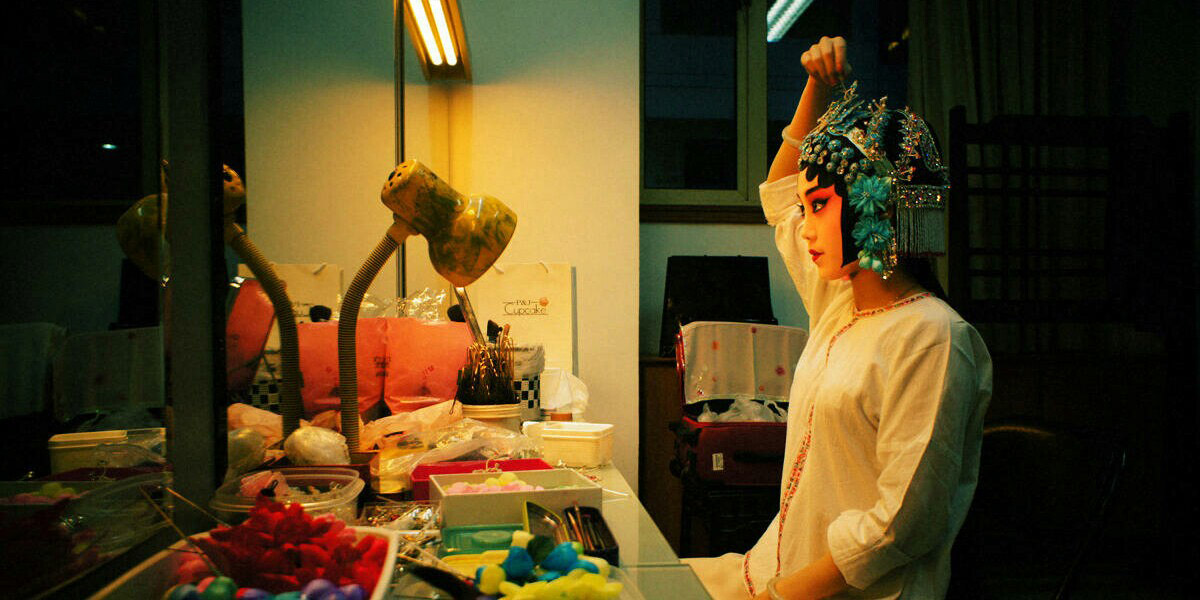
Day 4 Beijing
You will see the lovely panda by visiting the Beijing Zoo, then go to UNESCO World heritage site-Summer Palace to appreciate the magnificent momentum of Chinese royal gardens, take a leisurely stroll and admire thousands of ancient murals along the Long Corridor. Then eat lunch cooked by locals in a courtyard, afterward take a pedicab in Hutong tour through the old part of Beijing. Take a short visit to Buddhist temple-Lama Temple, which is the former residence of Yongzheng and Qianlong emperor before they ascended the throne.
![]() :
:
Scenic spots included in the itinerary
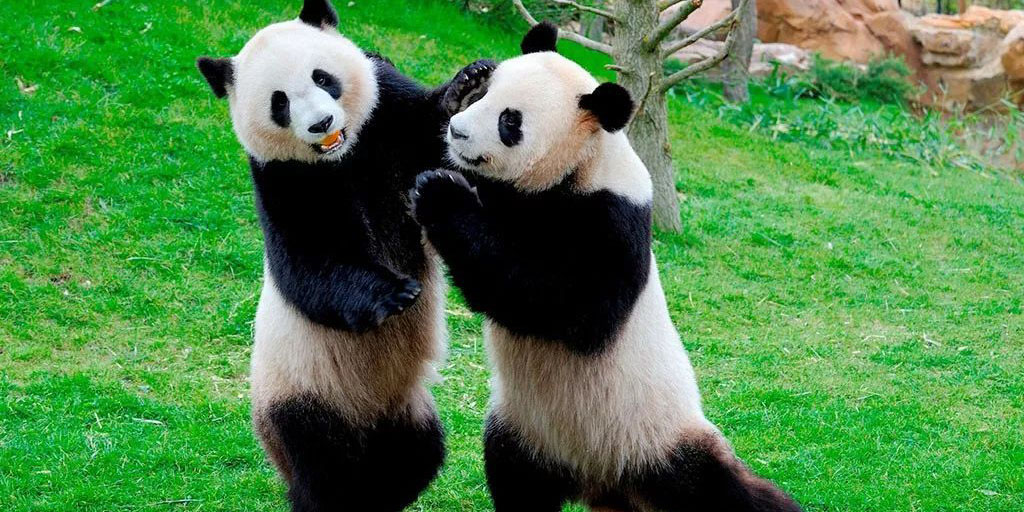
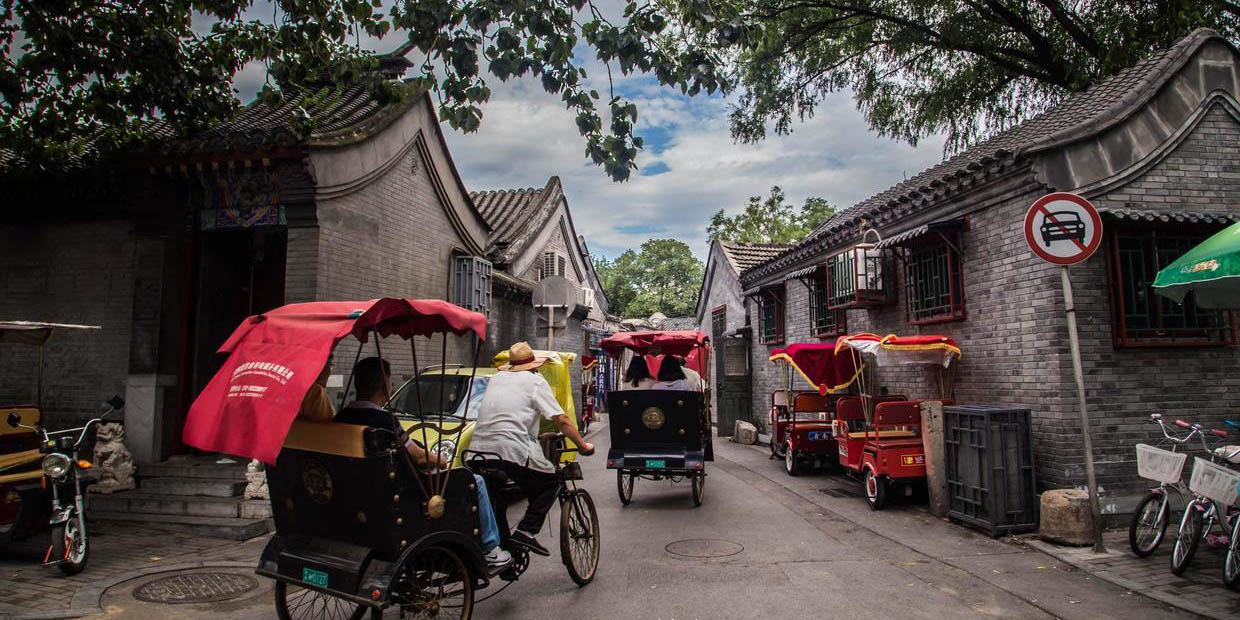
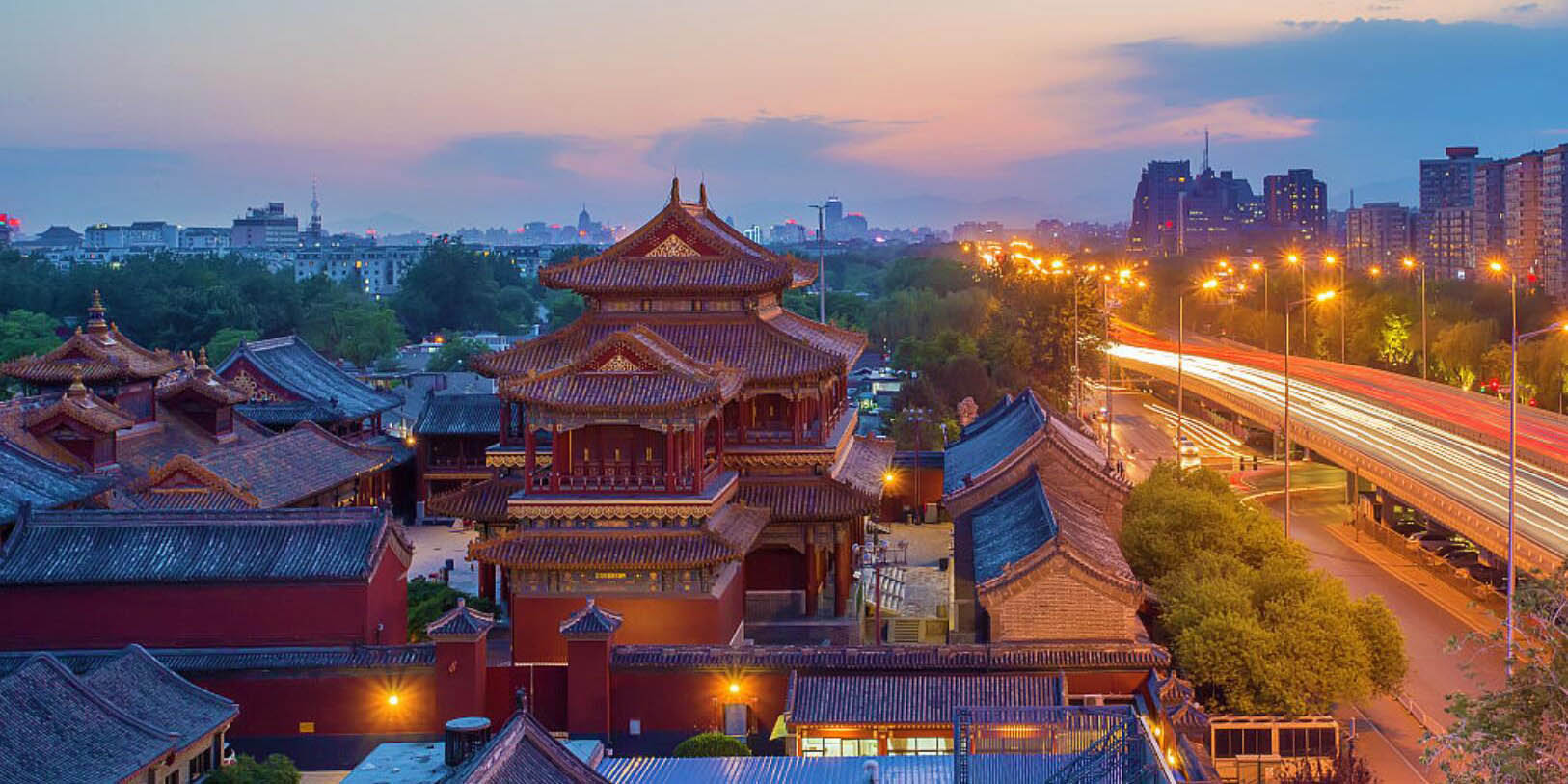
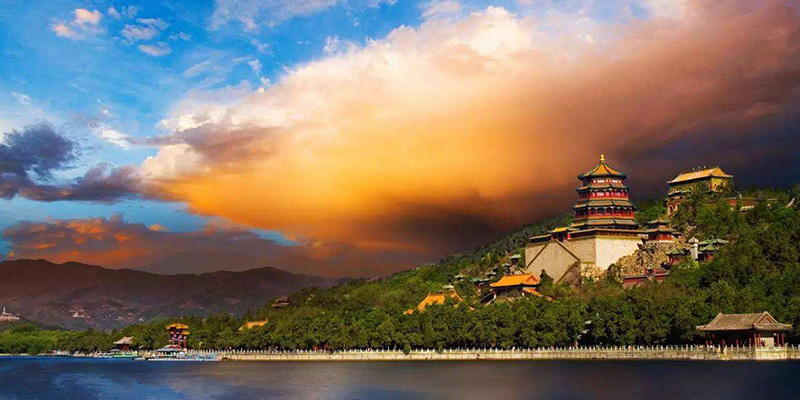
Day 5 Beijing-Xi'an by Flight
In the morning, take the flight to Xi'an. Upon arrival, your tour guide will warmly greet you then lead you to vibrant Muslim Street. As you walk along the narrow alleys and see hundreds of quaint shops and vendors hawking a variety of dishes and handicrafts, you'll enjoy your delicious lunch here, then move to the heart of the City--City Wall. Here you'll appreciate the Xi'an unique architectural style and unparallel historical ruins, you can ride a bicycle at your cost to experience the centuries-old city wall. In the late afternoon, you'll view Buddhist stupa-Big Wild Goose Pagoda and enjoy beautiful Xian Music Fountain.
![]() :
:
Scenic spots included in the itinerary
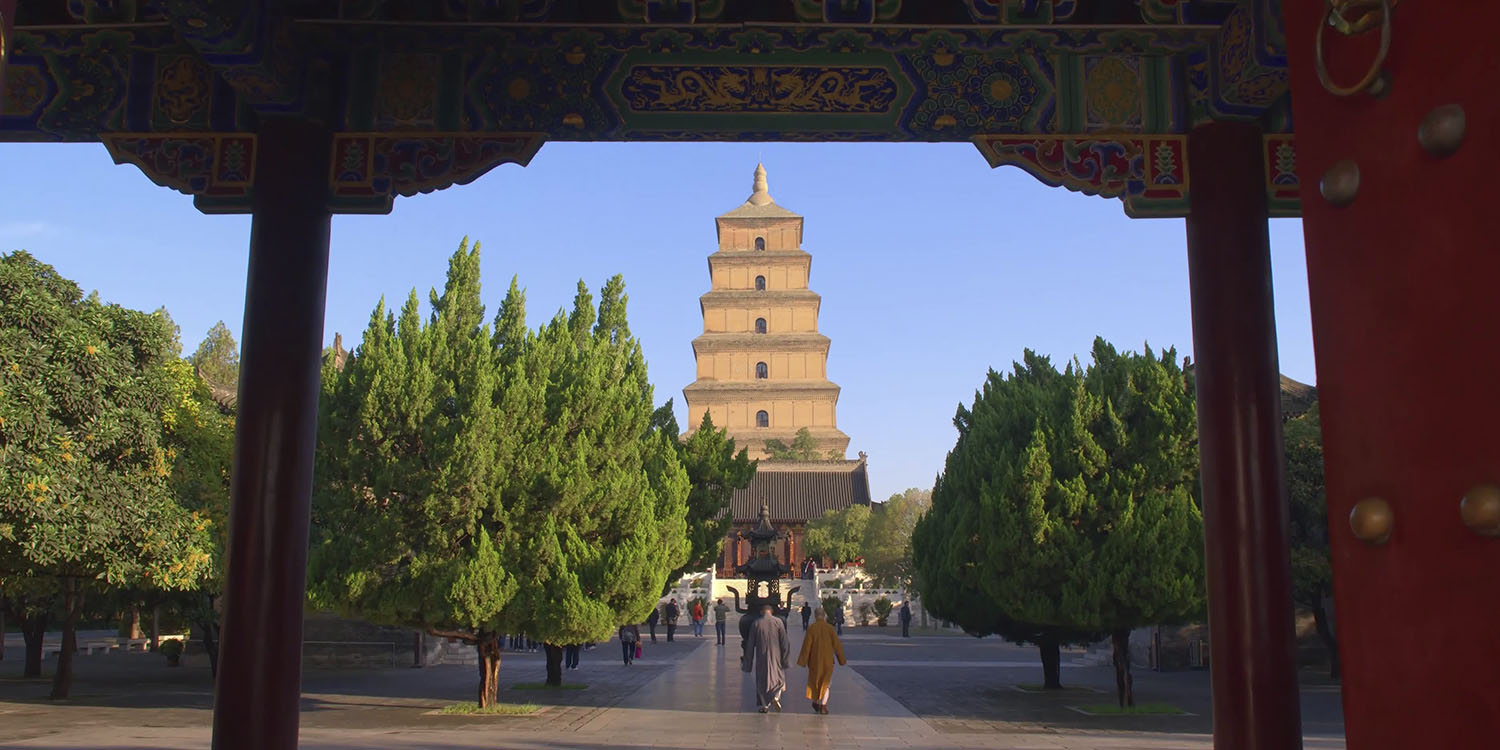
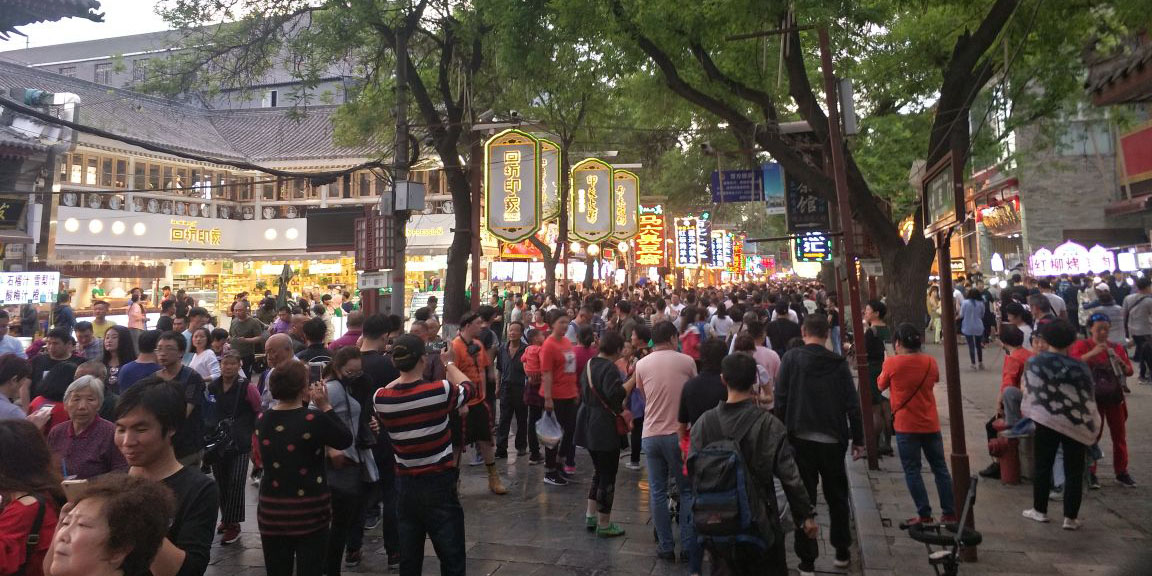
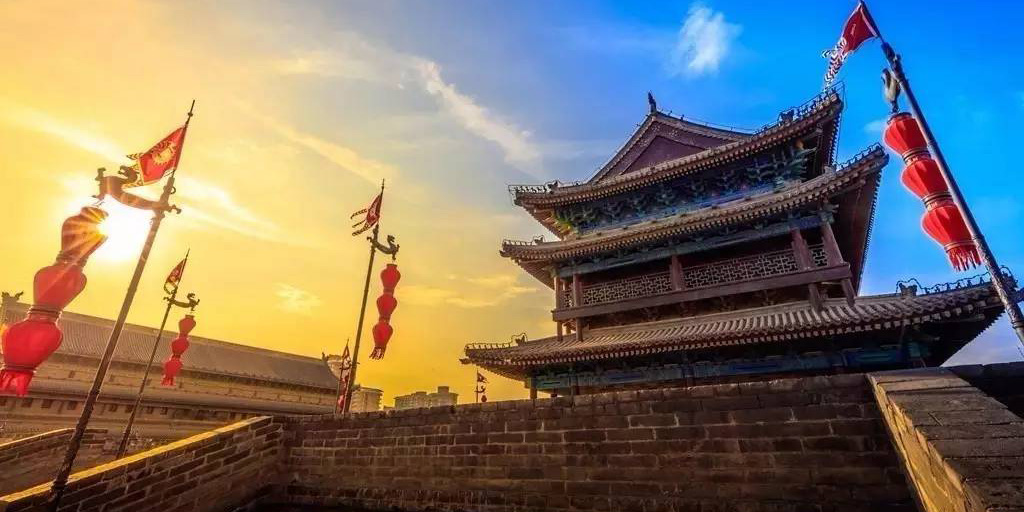
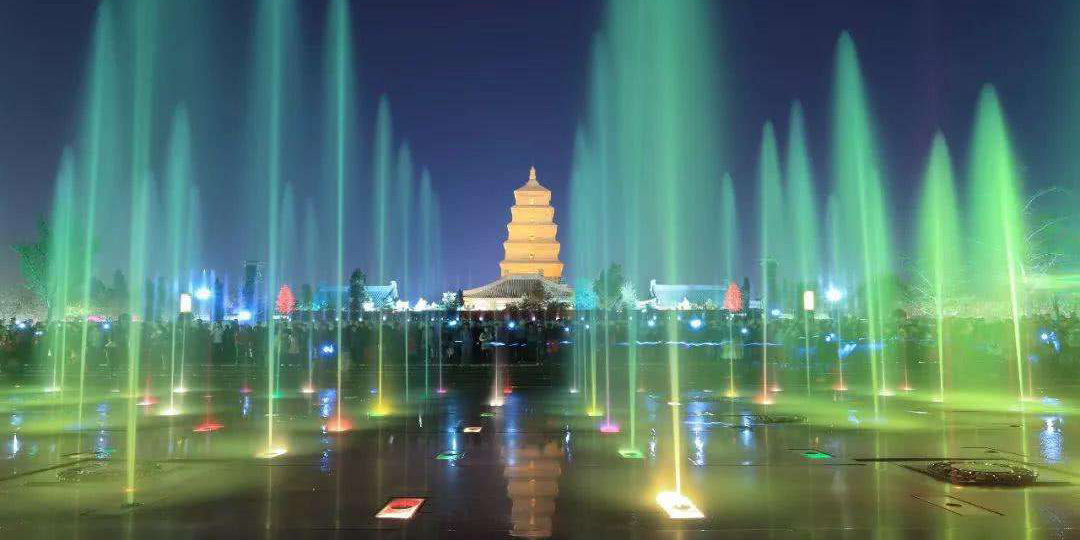
Day 6 Xi'an
The highlight tour is the excursion to visit the Terracotta Warriors, one of the discoveries in world's excavation history. After finished visiting, stop over for lunch and then move to the Huaqing Hot Spring, famous for the best quality hot springs with beautiful scenery. In the evening, enjoy a special dumpling dinner and appreciate modern musicians and dancers as they present Tang Dynasty Show, re-created from historical materials, shows the glorious past of Tang dynasty. Overnight at Xi'an.
![]() :
:
Scenic spots included in the itinerary
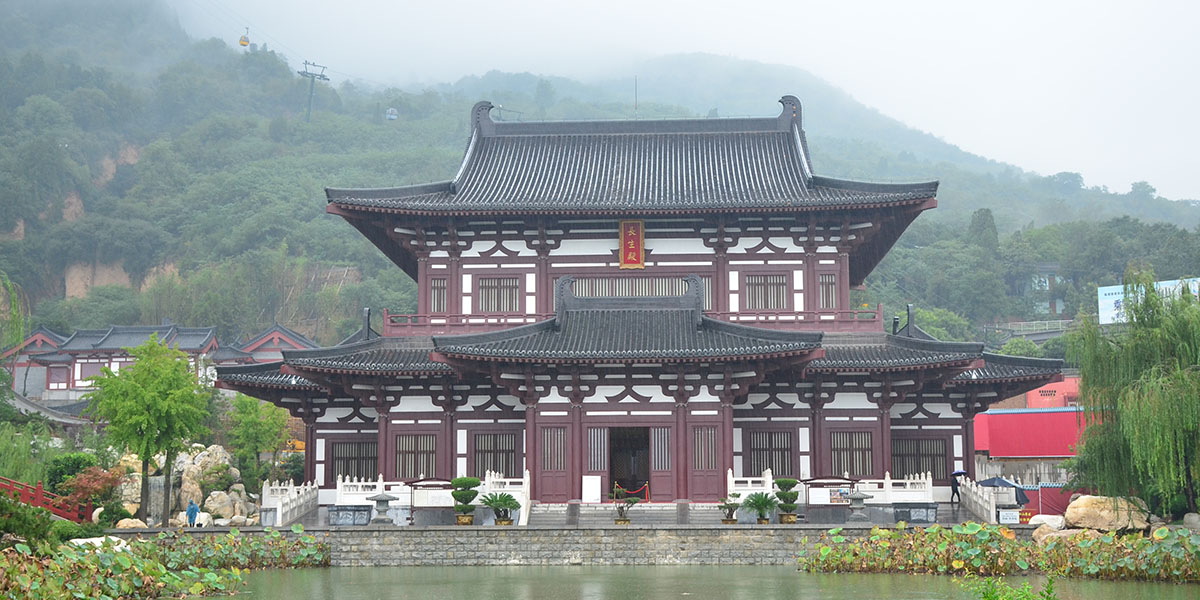
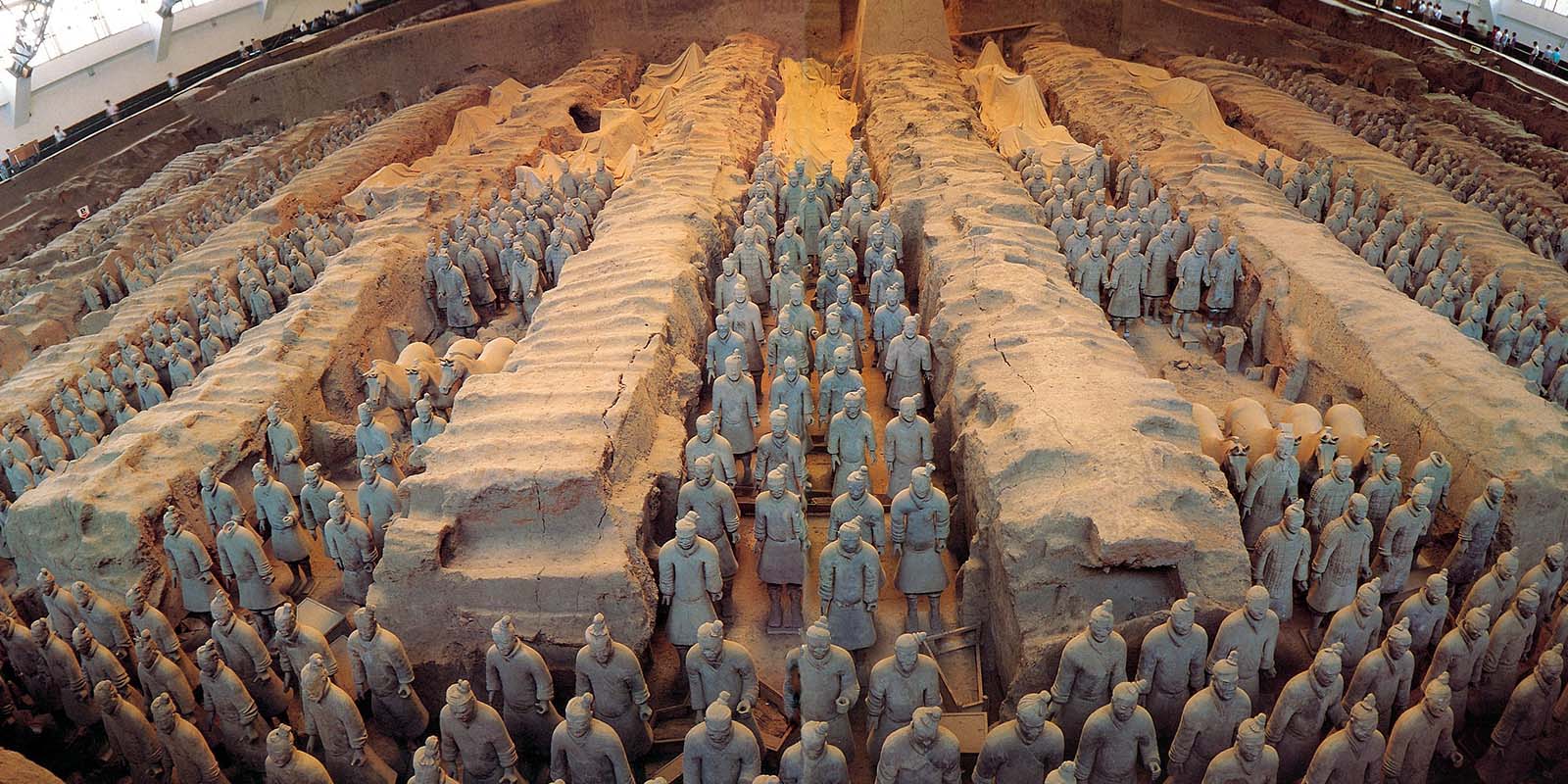
Famous Show
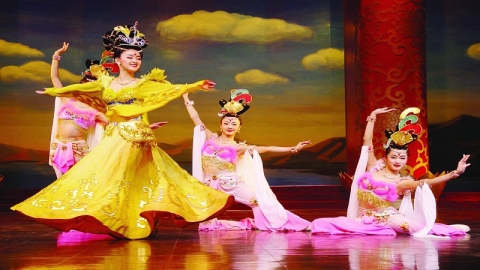
Day 7 Xi'an-Guilin by Flight
Fly to the scenic Guiling, upon arrival, meet local tour guide and be served with local cuisine food for lunch. Then your tour begins with sightseeing of the Reed Flute Cave. This is a particular cave with wonderful scenery and rocks in various shapes and colors.
Then you will visit the Elephant Trunk Hill, which looks like an enormous elephant with its trunk dipping in the water as if it's drinking water. Overnight at Guilin.
![]() :
:
Scenic spots included in the itinerary
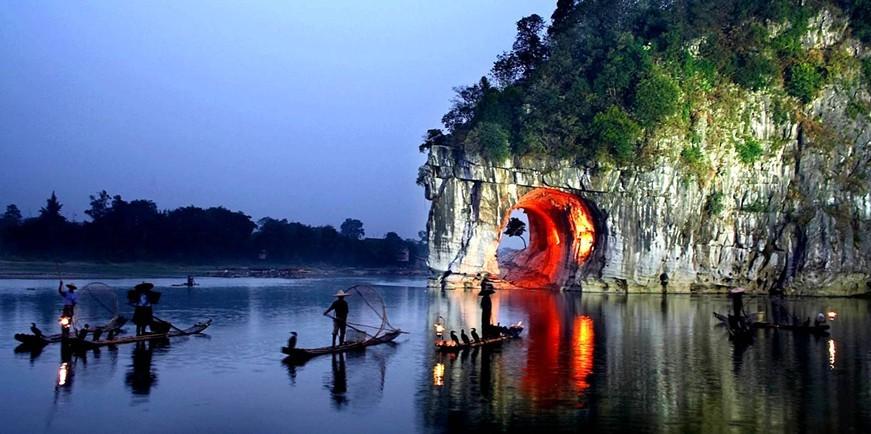
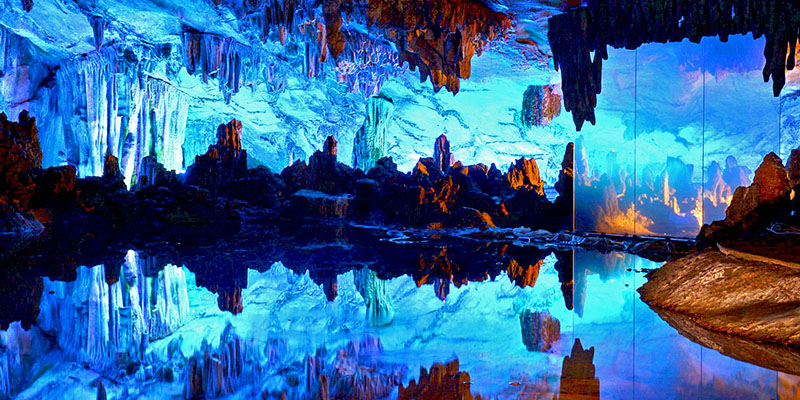
Day 8 Guilin-Yangshou County by Cruise
Cruise along the beautiful Li River, and experience the breathtaking Guilin scenery with its unique limestone rock formations, rolling waters and Disembark at the charming Yangshuo village. Stroll on the Yangshuo West Street, browse the antique and craft markets or relax at one of the local cafes.
![]() :
:
Scenic spots included in the itinerary
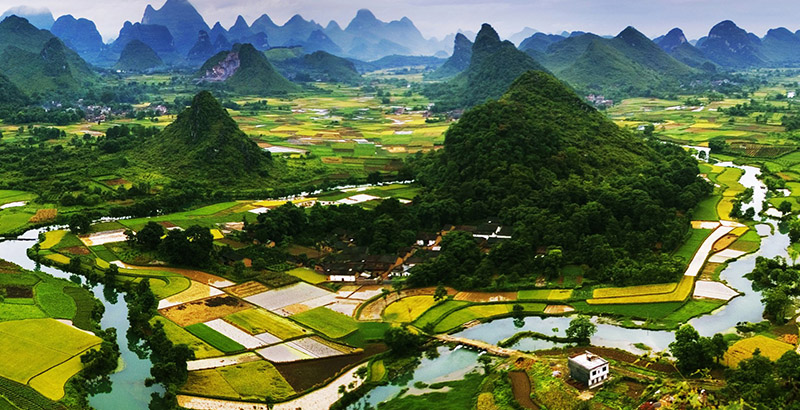
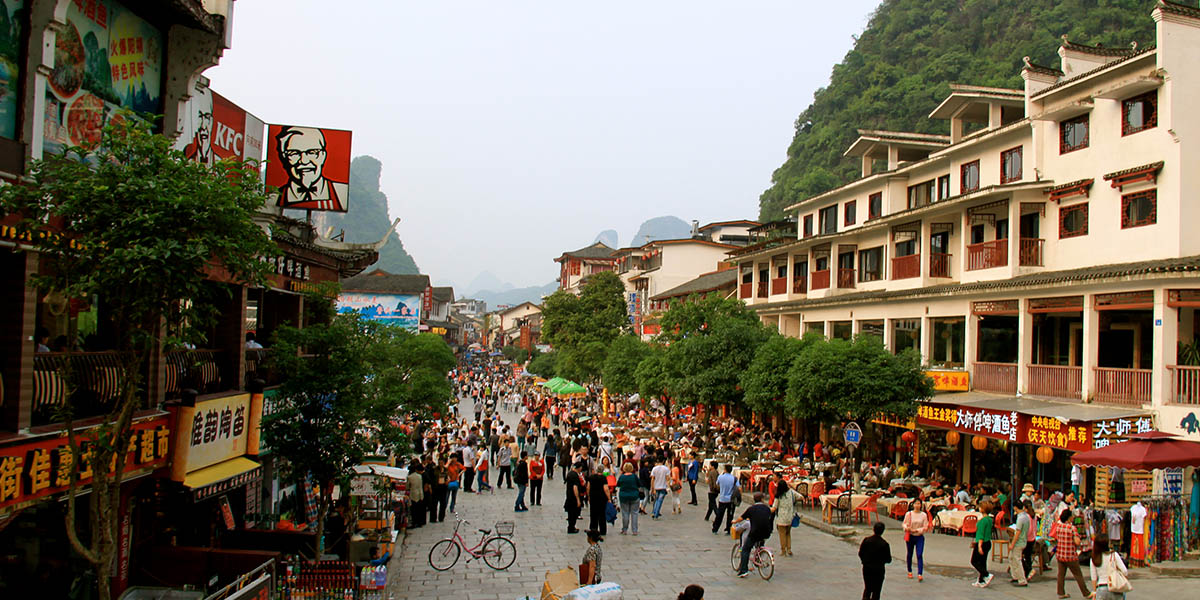
Day 9 Yangshuo-Guilin by Private Vehicle, Guilin-Shanghai by Flight
Today go back to Guilin airport and fly to "the Paris of Orient"-Shanghai. Transfer to the popular landmark of Shanghai-Nanjing Road. It is a shopping paradise as well as a great place to take a wonderful walk to experience the modern atmosphere of the city. Then visit the architectural complex of the Bund, which lies along the Huangpu River in the downtown. You can view the beautiful Huangpu River and a complex of modern skyscrapers that represents China's new era of prosperity, scattering colorful lights. You'll be served with local delicious dinner before checking in the hotel.
![]() :
:
Scenic spots included in the itinerary
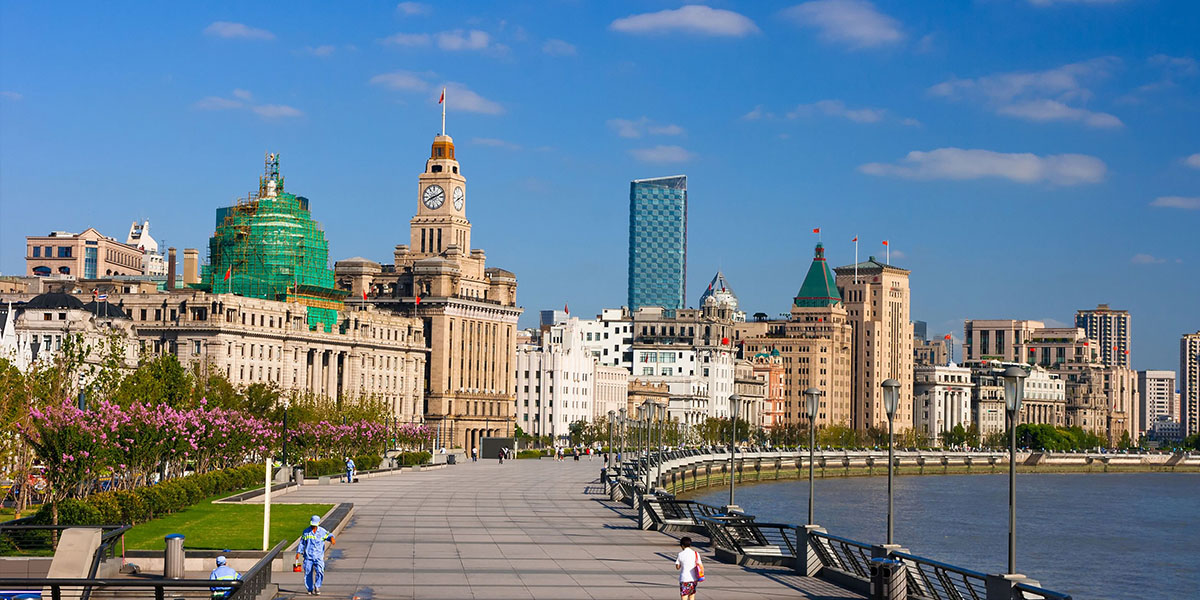
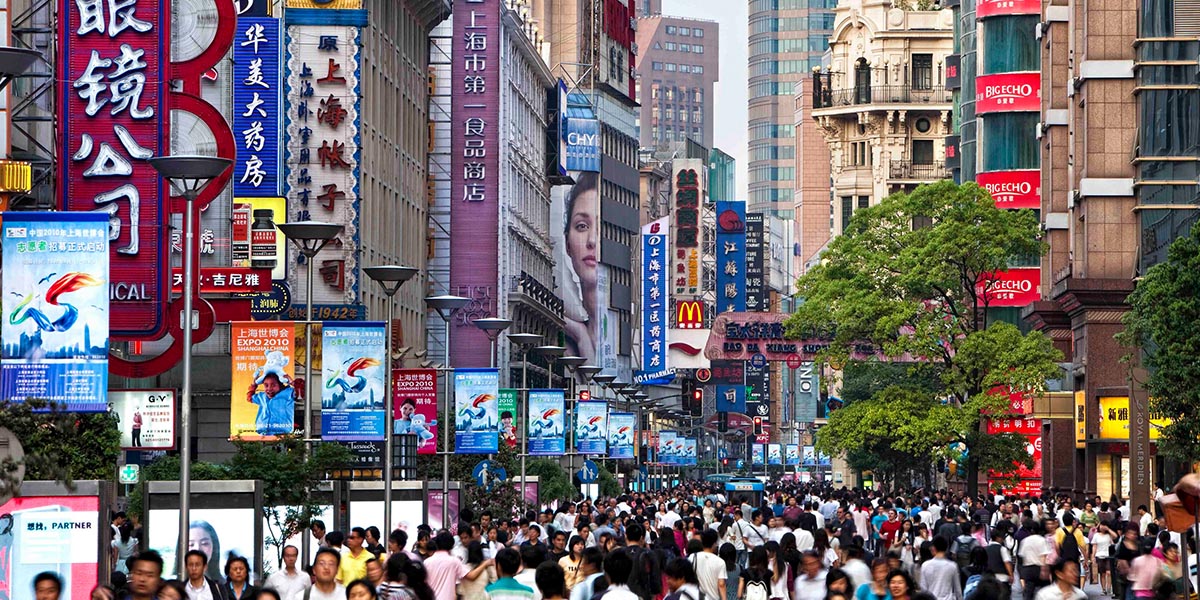
Day 10 Shanghai
Today tour sets off to visit the famous Yu Garden. This is a shining star among all the ancient Chinese garden in Shanghai and South China. The garden fully embodies the traditional design of Chinese architecture with jagged pavilions in elegant decorations, glittering pools with roving fish, and pine trees sprouting to the sky, all designed to refresh your mood and spirit. Then shop in City God Temple Bazaar, where you can savor tasteful local snacks and explore elaborate tradition Chinese handcraft.
Afternoon visits the Shanghai Museum with the best artworks and artifacts. Later, go to visit the Jade Buddha Temple which is a spiritual oasis in the midst of a booming city containing a priceless collection of jade statues from Burma.
![]() :
:
Scenic spots included in the itinerary
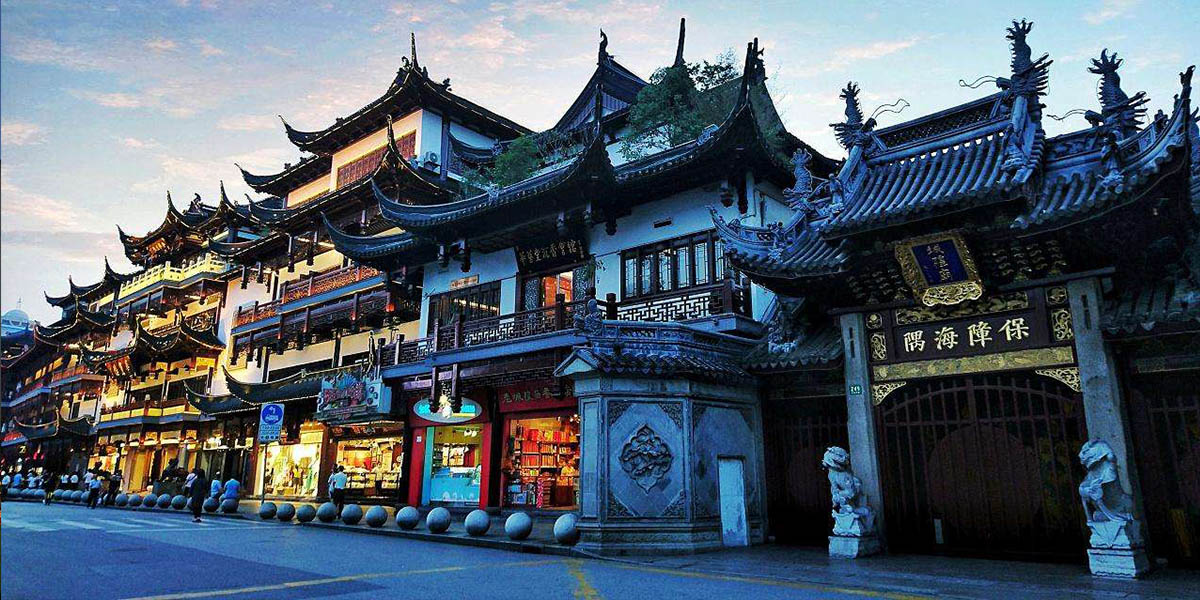
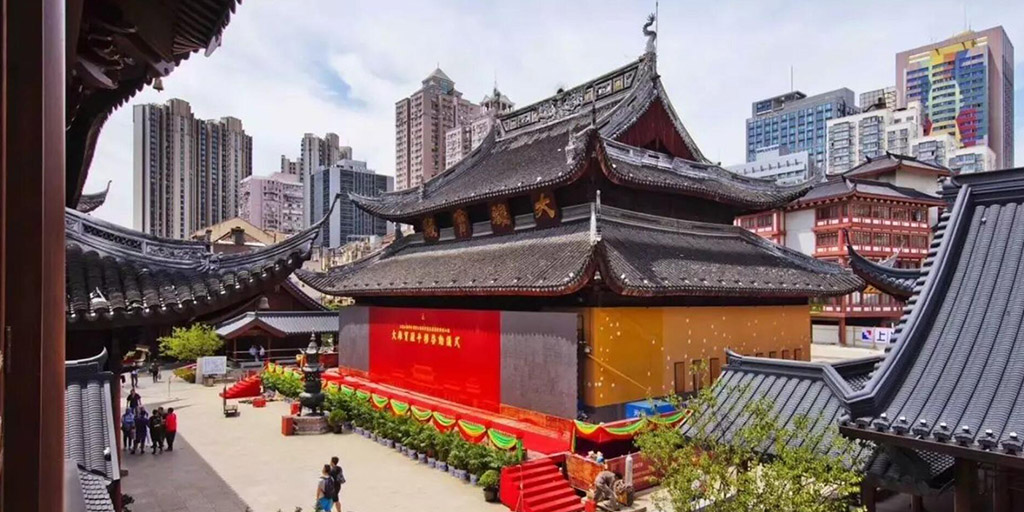
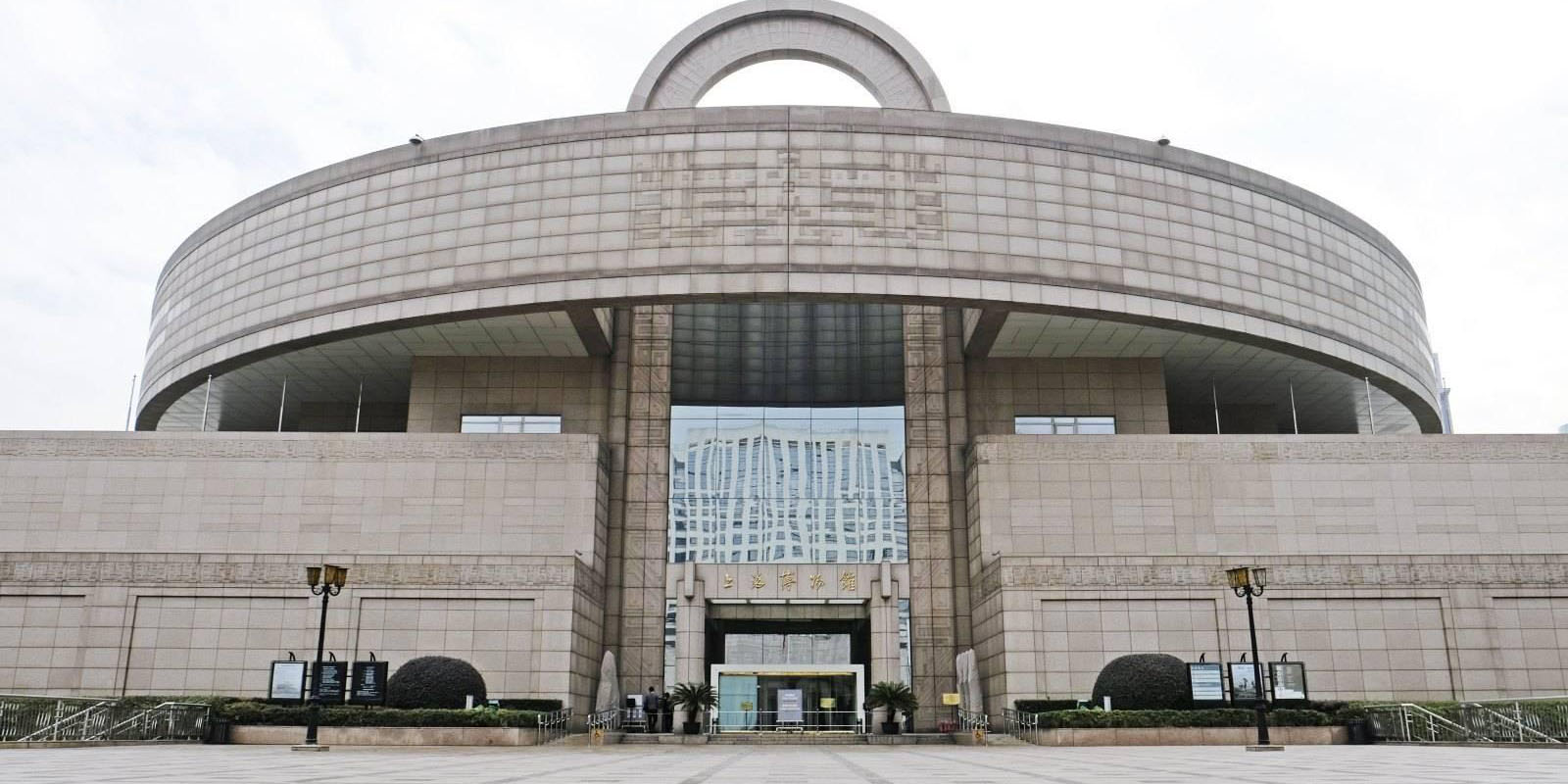
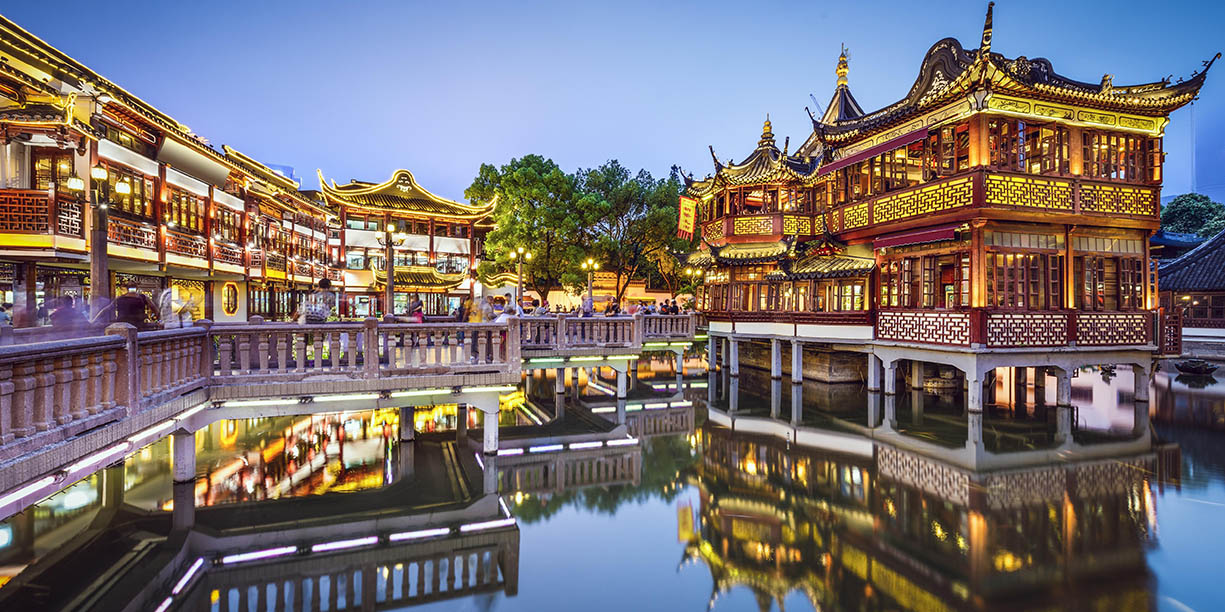
Day 11 Departure from Shanghai
Farewell to Shanghai, be transferred to the airport for your departure flight.
![]() :
:
Hotel Location
5 Star Hotel
4 Star Hotel
3 Star Hotel
Add Product
Booking Notes
Includes
![]() Entrance fee described in the itinerary
Entrance fee described in the itinerary
![]() Meals as described in the itinerary
Meals as described in the itinerary
![]() English-speaking guide
English-speaking guide
![]() Domestic economic air tickets described in the itinerary
Domestic economic air tickets described in the itinerary
![]() One night show in Beijing
One night show in Beijing
![]() VIP access to the Forbidden City
VIP access to the Forbidden City
![]() Airport transfer described in the itinerary
Airport transfer described in the itinerary
![]() A bottle of water per day per person
A bottle of water per day per person
![]() Hotels for 10 nights (if selected)
Hotels for 10 nights (if selected)
Excludes
![]() International air tickets
International air tickets
![]() Tips to guides and drivers
Tips to guides and drivers
![]() Cable car
Cable car
![]() Bicycle rental fee
Bicycle rental fee
How to Book:
1. You can book online directly or send email to marcopolo@chinatoursnet.com
2. The personal information you filled in at the time of booking must be exactly the same as your passport. ChinaToursNet will not refund any losses due to missing or incorrect information.
3. Confirmation will be received at the time of booking.
4. Vegetarian option is available, please advise at time of booking if required.
5. We accept Credit Card, PayPal and bank transfer.
6. The schedule can be adjusted by your tour guide due to the actual traffic condition.
7. Child definition: Child taller than 1.1 meters will be charged full price, child smaller than 1.1 meters will be charged half price.
Cancellation Policy:
If you cancel at least 30 day(s) in advance of the scheduled departure, there is no cancellation fee.
If you cancel between 20 and 15 day(s) in advance of the scheduled departure, there is a 50 percent cancellation fee.
If you cancel within 15 day(s) of the scheduled departure, there is a 100 percent cancellation fee.
Hotel, Air tickets, Train tickets, Insurance and Card fees are not refundable.
Got Question & Quick Answer
![]()
![]()
CONTACT INFO
PHONE:
EMAIL:
marcopolo@chinatoursnet.comWhatsApp:+86-13683536536iMessage:+86-13683536536
ADDRESS:
Room 208,Business Building AQiantongtian.Longgang Road,Haidian district,Beijing
WeChat:chinatoursnetSkype:chinatoursnet@outlook.com
WHY CHOOSE US

1:We are in Beijing
2:No hidden fees
3:Downtown hotel
4:professional tour guildes and drivers
5:Flexible tour time,private tour group,customized tour service
6:free mineral water
7:Guarantee enough visiting time
8:Guarantee your satisfactory with your choice
